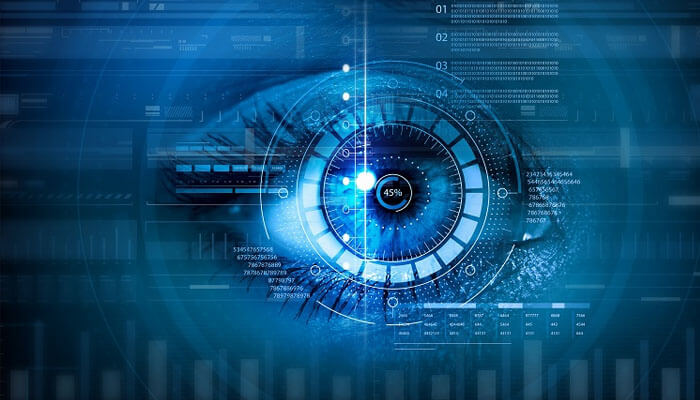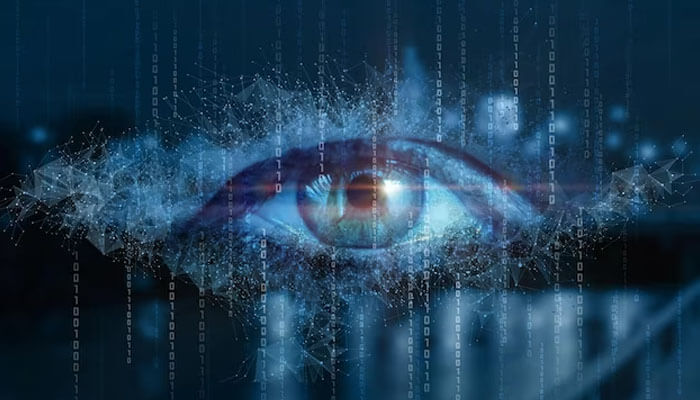Computer vision courses are designed to give students an understanding of the fundamentals of computer vision and the ability to apply them to real-world problems. These courses often cover topics such as image processing, object recognition, image analysis, and pattern recognition. Students will learn to use algorithms and techniques to capture, analyze, and manipulate images and videos.
You can check out augmentedstartups.com which will also help you gain an understanding of how to use computer vision in applications such as robotics, autonomous vehicles, medical imaging, and security.
Overview of Computer Vision Courses
Computer vision courses typically cover a wide range of topics related to the acquisition, analysis, and understanding of images. Topics may include image formation, feature extraction, image processing, object recognition, 3D reconstruction, and image segmentation. Students may also be introduced to the fundamentals of machine learning and deep learning, and how these algorithms can be used in computer vision. Other topics typically covered include camera calibration, camera models, and projection systems, as well as image filtering and enhancement. In addition, students may also learn about applications of computer vision, such as medical imaging and autonomous vehicles.
Types of Computer Vision Courses
1. Image Processing: This course covers topics such as image filtering, segmentation, compression, feature extraction, recognition, and retrieval.
2. Machine Learning: This course covers topics such as supervised and unsupervised learning, neural networks, deep learning, and computer vision algorithms.
3. Computer Vision: This course covers topics such as object detection, tracking, and recognition; image registration; 3D reconstruction; motion estimation and analysis; and image segmentation.
4. Image Analysis: This course covers topics such as pattern recognition, feature extraction, object recognition, and image segmentation.
5. Video Processing: This course covers topics such as motion estimation, object tracking, and video surveillance.
6. Computer Vision Applications: This course covers topics such as medical imaging, facial recognition, robotics, and augmented reality.
Benefits of Taking Computer Vision Courses
1. Increase Your Job Opportunities:
Taking a computer vision course can help you gain the skills necessary to pursue a career in the field. Companies across all industries are increasingly incorporating computer vision technologies into their operations, so having the knowledge to work with them puts you ahead of the competition.
2. Improve Your Problem-Solving Skills:
Computer vision courses teach you how to use algorithms and models to identify, analyze, and interpret patterns in images and video. Working with these technologies can help you improve your logic and problem-solving skills, which can be beneficial in any field.
3. Gain a greater understanding of AI:
Computer vision is a subfield of artificial intelligence (AI), and taking a course in it can help you gain a better understanding of AI and its potential applications. This will give you a better appreciation of the capabilities of AI and how it can be used to solve complex problems.
4. Advance Your Career:
Taking a computer vision course can help you advance your career. If you’re already working in a field related to computer vision, such as computer science or engineering, learning more about the topic can help you better understand and use the technology. It can also help you move into a position involving computer vision.
Conclusion
Computer vision courses are an important part of many computer science and engineering programs. They teach students about the fundamentals of computer vision, the application of algorithms to extract information from images and videos, and the development of applications that use computer vision. With the growing importance of computer vision in various industries, these courses are becoming more and more important in the tech world. They provide students with the skills they need to develop computer vision applications in a variety of fields, from healthcare to robotics and self-driving cars.



